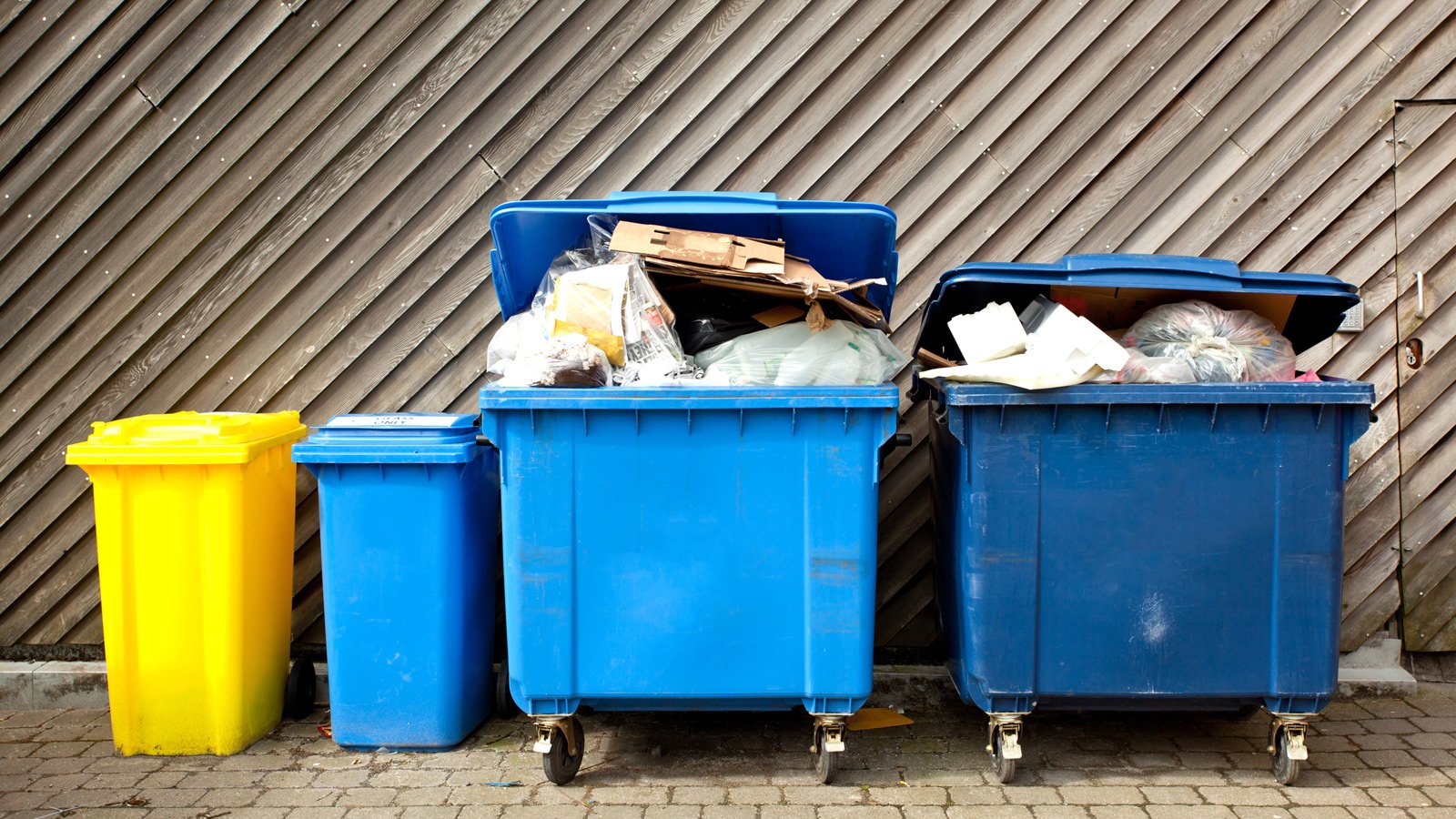There are quite a few terms from the English language that have a nice concept in them. And which do not always have a proper Dutch translation. For example, today we dive into the concept of unwasting. The term “unwasting” is a relatively new term that is popping up more and more in discussions about sustainability and the circular economy.
What does unwasting mean?
The dictionary gives the meaning as “not wasting,” literally not creating waste. A concept that applies a beautiful principle: to maximize the value of materials and products. To minimize waste by reusing, recycling and extending the life of products. This fits perfectly with the principles of the circular economy.
Unwasting is all about optimizing the life cycle of products. The process often starts at the source, with companies and individuals making conscious choices to reduce the amount of waste they produce. This can be done by choosing products that last longer or can be easily recycled.
Next comes reusing materials. This means giving new uses to products that would otherwise be thrown away. This can range from upcycling (another fancy English term) furniture to reusing building materials.
This is followed by recycling, in which materials are converted into new products. This process often requires less energy and resources than producing new materials.
Finally, managing the life cycle of products plays an important role. For example, companies can offer maintenance and repair services to extend the life of their products.
The benefits described
Unwasting offers numerous benefits for both the environment and the economy. Here are some of the most important benefits:
Environmental benefits
- Reduction of waste: giving products and materials a second life significantly reduces the amount of waste that ends up in landfills.
- Reduction of CO2 emissions: recycling and reuse often require less energy than the production of new materials, resulting in lower CO2 emissions.
- Conservation of natural resources: reusing materials reduces the demand for new raw materials, which helps conserve natural resources.
Economic benefits
- Cost savings: companies can save costs by reusing materials instead of purchasing new materials.
- New markets: demand for sustainable products and services is growing, creating new business opportunities for companies that focus on unwasting.
- Innovation and competitive advantage: companies that embrace unwasting can differentiate themselves from their competitors by offering innovative and sustainable solutions.
Social benefits
- Awareness: unwasting promotes awareness and education about sustainability and the importance of recycling and reuse.
The role of technology
Technology can play a role in implementing unwasting initiatives. Innovations such as 3D printing make it possible to create products from recycled materials, while sensor technology can help manage waste streams more efficiently.
Digital platforms also help reduce waste by bringing together supply and demand for used products. Consider platforms such as Marketplace or To Good to Go where people can offer and buy products.
Regulation
Governments play an important role in promoting unwasting initiatives. Stricter environmental regulations and incentives can encourage companies to operate more sustainably. Consider subsidies or tax breaks for sustainable practices. Legislation can be a powerful driver here. By establishing clear guidelines and standards for waste management, governments ensure that companies know what is expected of them. For example, mandatory recycling quotas and restrictions on the use of disposable materials can force companies to review their processes and make them more sustainable.
Examples: the office of Milgro
Under the motto “practice what you preach,” Milgro has furnished the office largely with materials that are given a second life as desks, conference tables or rooms. Milgro's office illustrates how unwasting is not just a theoretical concept, but a practical approach that can be integrated into everyday business life.
Stay informed
Stay up to date on all new developments? Follow us on LinkedIn or Instagram. Or subscribe to the newsletter. Are you curious about what Milgro can do for your operations and waste process? Contact us















